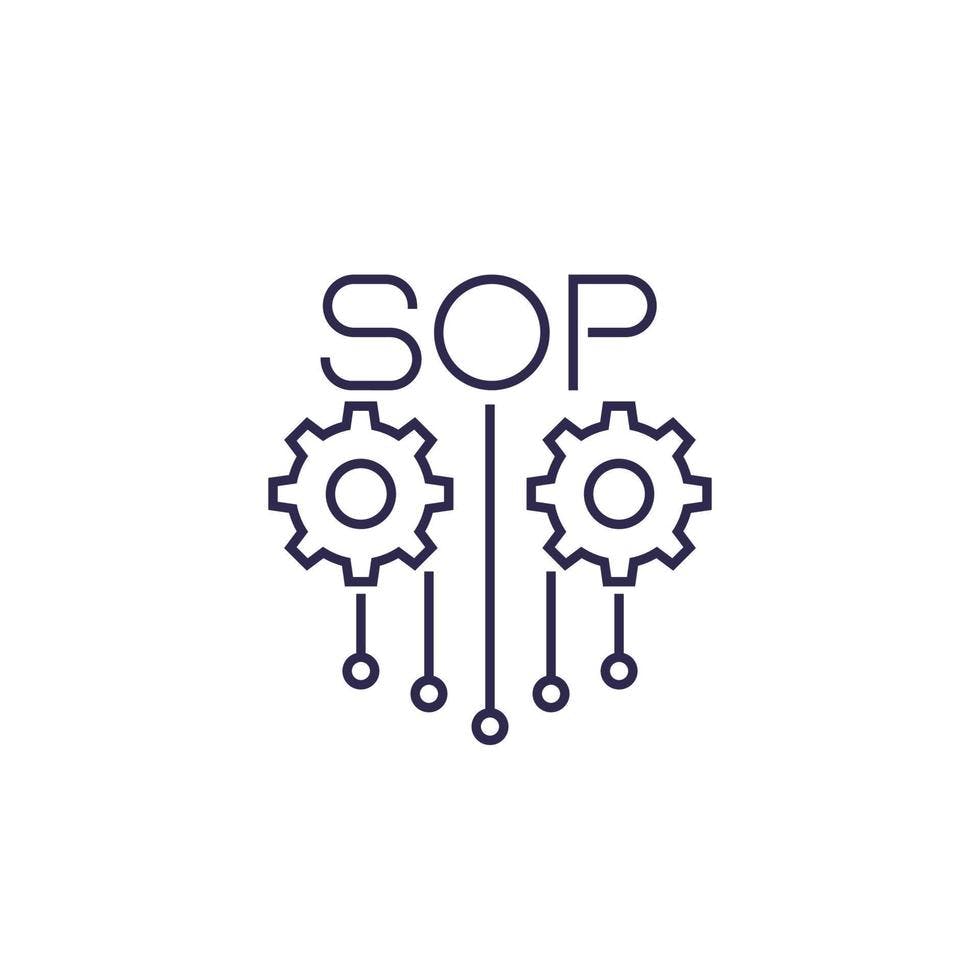Decentralized Social Media and CCPA Compliance: Navigating Privacy Regulations in Federated Environments
Decentralized social media platforms like Mastodon and Bluesky face unique CCPA compliance challenges due to their distributed architecture, where user data is stored across independent servers rather than centralized databases.
This fragmented responsibility model creates significant hurdles for implementing consumer privacy rights, determining who bears legal liability, and coordinating data deletion requests across multiple instances. Emerging solutions include decentralized consent management systems and hybrid governance models that balance privacy compliance with the distributed ethos of these platforms.
You've likely seen the growing buzz around decentralized social platforms like Mastodon and Bluesky. While they promise greater freedom from Big Tech's control, these federated networks create unexpected compliance headaches—particularly for meeting California's stringent privacy requirements.
The distributed nature of these platforms scrambles traditional assumptions about who controls data and who bears responsibility for privacy compliance. If you're operating within this ecosystem, understanding how CCPA applies in federated environments has become essential knowledge.
The Architecture Reshaping Social Media
Decentralized social media fundamentally transforms how user information flows online. Unlike platforms like Facebook or Twitter where a single company controls all operations, these networks distribute power across independent nodes.
How Federated Networks Function
In federated systems like Mastodon, users join individual servers ("instances") managed by different administrators. These servers communicate with each other through standardized protocols, creating a network where:
- Each server has its own administrators, rules, and privacy policies
- Users can interact with people on other servers while maintaining their home server identity
- No single entity controls the entire ecosystem or has access to all user data
This distribution of control intentionally addresses concerns about data exploitation and censorship that plague traditional platforms. The architecture puts user autonomy and self-sovereignty at the center of the experience.
Where Your Data Actually Lives
When you join a decentralized platform, your profile information typically resides on your home server, but your interactions spread across the network. This creates complex data flows that traditional privacy regulations never anticipated:
- Your profile information lives on your home server
- Your posts may be replicated on other servers when users there interact with them
- Some platforms implement additional technologies like IPFS (InterPlanetary File System) to further distribute data storage
This fragmented landscape of personal information creates significant challenges for implementing consistent privacy practices. The same distribution of control that protects against censorship simultaneously complicates regulatory compliance.
CCPA Requirements and Their Implications
California's landmark privacy law creates specific obligations for businesses handling residents' personal information. Understanding these requirements is the first step to addressing compliance in decentralized environments.
Who Must Comply With CCPA?
CCPA applies to for-profit businesses meeting any of these criteria:
- Annual gross revenues exceeding $25 million
- Buying, selling, or sharing personal data of 100,000+ California residents annually
- Deriving 50% or more of annual revenue from selling/sharing consumers' personal information
Critically, the law applies to businesses handling California residents' data regardless of the company's physical location. This means server operators worldwide potentially face compliance obligations if California users join their instances.
Core Consumer Rights Under CCPA
The law gives California residents substantial control over their personal information:
- Right to know what personal information is collected and how it's used
- Right to delete personal information (with some exceptions)
- Right to opt-out of the sale of their personal information
- Right to non-discrimination for exercising these rights
Implementing these rights presents significant challenges in federated environments where responsibility is dispersed across numerous entities.
Enforcement Realities
CCPA enforcement is handled by the California Privacy Protection Agency, with penalties ranging from $2,500 to $7,500 per violation. Higher fines apply for intentional violations or those involving minors' data.
For decentralized platforms, determining liability becomes particularly challenging. When responsibility is distributed, which entity—the individual server operator, software developer, or infrastructure provider—bears the legal burden for compliance failures?
Why Decentralized Platforms Face Unique Challenges
The fundamental architecture of federated networks creates several distinct compliance hurdles that traditional platforms don't encounter.
The Controller Confusion Problem
In traditional platforms, identifying the data controller is straightforward—it's typically the company operating the service. In federated environments, multiple entities may qualify as controllers with compliance responsibilities:
- Individual server operators managing user data
- Platform developers creating the software
- Infrastructure providers hosting servers
This complexity becomes especially problematic when small-scale enthusiasts operate server instances. These individuals or small organizations often lack the resources or expertise for comprehensive privacy compliance, yet may bear significant legal responsibility.
Implementing User Rights Across Multiple Servers
When a user requests deletion of their data under CCPA, ensuring complete removal across all federated instances becomes extraordinarily difficult. Consider this scenario:
A California resident using Mastodon requests deletion of their account data. Their home server complies, but their posts have been shared across dozens of other instances. Coordinating deletion across all these independent servers presents significant technical and administrative challenges that the law never anticipated.
Cross-Border Complexity
With servers potentially located worldwide, instance operators face a dizzying patchwork of applicable regulations. A small instance operator in Germany might need to comply with GDPR, CCPA, and other regional regulations simultaneously if their users come from those jurisdictions.
The legal expertise required to navigate these overlapping requirements far exceeds what most small operators can reasonably manage, creating substantial compliance risk.
Platform Approaches: Mastodon vs. Bluesky
Different decentralized platforms have developed varying approaches to addressing these compliance challenges, with important lessons for the broader ecosystem.
Mastodon's Fully Federated Model
Mastodon's completely decentralized structure presents the most significant compliance challenges. Each server operates independently with its own privacy policies and data practices, making network-wide compliance nearly impossible to guarantee.
For California users, this creates considerable uncertainty. You might register on an instance that fully implements CCPA requirements, but your data could be shared with instances that don't maintain the same standards. This fragmentation undermines the seamless privacy protection CCPA aims to provide.
The difficulty in finding comprehensive information about Mastodon's CCPA approach highlights another challenge—the lack of centralized accountability makes it harder for users to understand their rights across the network.
Bluesky's Hybrid Compromise
Bluesky has taken a more structured approach, implementing a formal CCPA notice that applies across its ecosystem. Their approach includes more centralized elements than pure federated networks like Mastodon, creating a balance between decentralization benefits and compliance practicality.
By maintaining some centralized control over privacy practices while preserving decentralized content distribution, Bluesky creates a more manageable compliance environment. This hybrid model may provide valuable lessons for other platforms seeking to balance innovation with regulatory requirements.
Emerging Solutions for Decentralized Compliance
As these platforms evolve, innovative approaches are emerging to address the unique challenges of distributed networks.
Decentralized Consent Management Systems
Traditional consent mechanisms are proving inadequate for federated environments. In response, new technologies are creating decentralized consent management systems:
- Decentralized Consent Orchestration (DCO): This approach creates a semantic consent layer on top of existing authorization mechanisms, providing fine-grained control over personal data sharing while maintaining compliance. Components include consent vocabulary, receipt infrastructure, and revocation propagation mechanisms.
- Blockchain-Based Consent Systems: These leverage blockchain's immutable ledger to record consent decisions transparently, preventing unauthorized modifications to permission settings. This approach provides auditable records that can help demonstrate compliance.
These systems allow for granular data sharing that aligns with CCPA requirements—enabling users to share specific pieces of information rather than providing all-or-nothing consent.
Privacy by Design for Federated Networks
Implementing privacy by design principles becomes even more critical in decentralized environments. This means incorporating privacy protections from the beginning rather than attempting to add them later.
For decentralized platforms, this involves building privacy compliance into the core protocols that govern communication between instances. By standardizing privacy-related functions at the protocol level, individual server operators can more easily implement consistent privacy practices without extensive legal expertise.
The Path Forward: Adapting to New Realities
As decentralized platforms continue to grow, both the regulatory landscape and technical approaches will need to evolve.
How Regulations Might Change
Current privacy frameworks were largely designed with centralized data controllers in mind. As decentralized platforms gain prominence, regulators may need to adapt their approaches to address these unique architectural models.
Future regulations might include specific provisions for federated architectures, recognizing different tiers of responsibility based on an entity's role in the ecosystem. This could include distinct obligations for software developers, server operators, and infrastructure providers.
Industry Standards and Cooperation
The development of technical standards for privacy in decentralized environments offers another promising path forward. By establishing common protocols for implementing privacy rights across federated systems, the industry could create more consistent user experiences and simplified compliance.
Organizations implementing decentralized systems should monitor regulatory developments closely and design flexible architectures that can adapt to changing requirements. This adaptability will be essential as privacy regulations continue to evolve globally.
Practical Steps for Compliance Today
If you're operating within the decentralized social media ecosystem, several approaches can help navigate the current regulatory landscape:
- Document your server's role in data processing and clearly communicate this to users
- Implement robust data mapping to understand how personal information flows through your instance
- Create clear privacy policies that specifically address how you handle CCPA rights
- Develop technical capabilities for responding to access and deletion requests
- Consider implementing decentralized consent management tools
- Participate in industry discussions about standard approaches to compliance
[FREE DOWNLOAD: CCPA Compliance Checklist for Decentralized Platforms]
Navigate Complex Privacy Requirements with Our Decentralized Compliance Solution
You've seen how challenging CCPA compliance can be in federated environments. Our specialized platform helps decentralized social media operators navigate these complex requirements with:
- Instance-specific compliance assessments
- Decentralized consent management tools
- Automated cross-instance data subject request handling
- Ongoing regulatory monitoring and guidance
Contact us today to ensure your decentralized platform delivers both innovative user experiences and robust privacy protection.
Get Started For Free with the
#1 Cookie Consent Platform.
No credit card required

AI Governance: The Complete Enterprise Guide to Risk, Compliance, and Accountability
Your organization uses AI to screen job candidates, personalize customer experiences, and automate credit decisions. Six months ago, these were software features. In 2026, they're regulated AI systems subject to the EU AI Act's high-risk classification—requiring technical documentation, logging infrastructure, human oversight mechanisms, and formal risk assessments before deployment. Non-compliance penalties reach €35 million or 7% of global revenue.
- Legal & News
- Data Protection

Data Protection Standard Operating Procedures (SOPs): A Practical Guide
Your privacy policy is published. Your data processing register exists somewhere in a shared drive. Your legal team signed off on vendor contracts last year. And yet, when a data subject access request arrives or a breach occurs at 11pm on a Friday, nobody knows exactly what to do, who owns the process, or what evidence needs to be captured.
- Data Protection
- Privacy Governance

EU AI Act 2026: Key Compliance Requirements for Enterprises
Your organization uses AI to screen job candidates, assess credit applications, and personalize customer experiences. These weren't regulated activities six months ago. In 2026, they're high-risk AI systems subject to the European Union's most comprehensive technology regulation to date—and non-compliance could cost your company 7% of global annual revenue.
- Legal & News
- Data Protection
- GDPR
- CCPA

